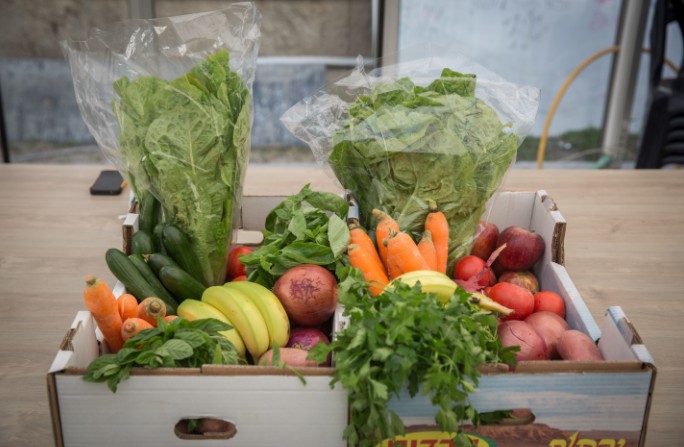Useful Guide: Which Vegetables Are Still Under the Prohibition of Sefichim
A comprehensive overview of sefichim restrictions following the Sabbatical year and how they affect our daily shopping

Although the Sabbatical year officially ended several months ago, the prohibition of sefichim applies to certain vegetables that are currently in stores.
Today, Tevet 5776, the prohibition of sefichim has expired for all vegetables except the following:
Dry onions - permitted from the 1st of Shevat
Garlic – permitted from the 25th of Adar II
White potatoes – permitted from the 13th of Tevet
Red potatoes – permitted from the 13th of Shevat
Butternut squash – permitted from the 15th of Tevet
Pumpkin - permitted from the 14th of Sivan.
 (Photo: Hadas Parush / Flash 90)
(Photo: Hadas Parush / Flash 90)All other vegetables are already permitted for consumption.
However, some take a stricter approach and wait until the majority of produce comes from eighth-year planting. In this case, the list is: sweet potatoes from the 1st of Tammuz, dry onions from the 1st of Adar I, bulb onions from the 15th of Tevet, carrots from the 15th of Adar I, tomatoes from the 1st of Adar I, peppers from the 1st of Adar II.
Sefichim are plants that began growing during the Sabbatical year. These vegetables are permitted for consumption according to Torah law; nevertheless, they were prohibited by the Sages because they began growing during the Sabbatical year. The prohibition applies to vegetables that sprouted during the Sabbatical year, or seed crops that reached one-third of their growth in the seventh year.
The prohibition of sefichim was imposed to prevent farmers from secretly planting and claiming that the produce was aftergrowth from the previous year.
The Rambam in the Laws of Sabbatical and Jubilee Years (4:1-2) explains the prohibition: "All that the land produces in the seventh year... all is permitted to be eaten according to the Torah, as it is said: 'And the Sabbath produce of the land shall be food for you'... but from the words of the Scribes all aftergrowths are forbidden for consumption. And why did they decree this? Because of transgressors: so that a person will not go and secretly plant grain, legumes, and garden seeds in his field, and when they grow, eat from them and say they are aftergrowths. Therefore, they prohibited all aftergrowths that grow in the seventh year."

